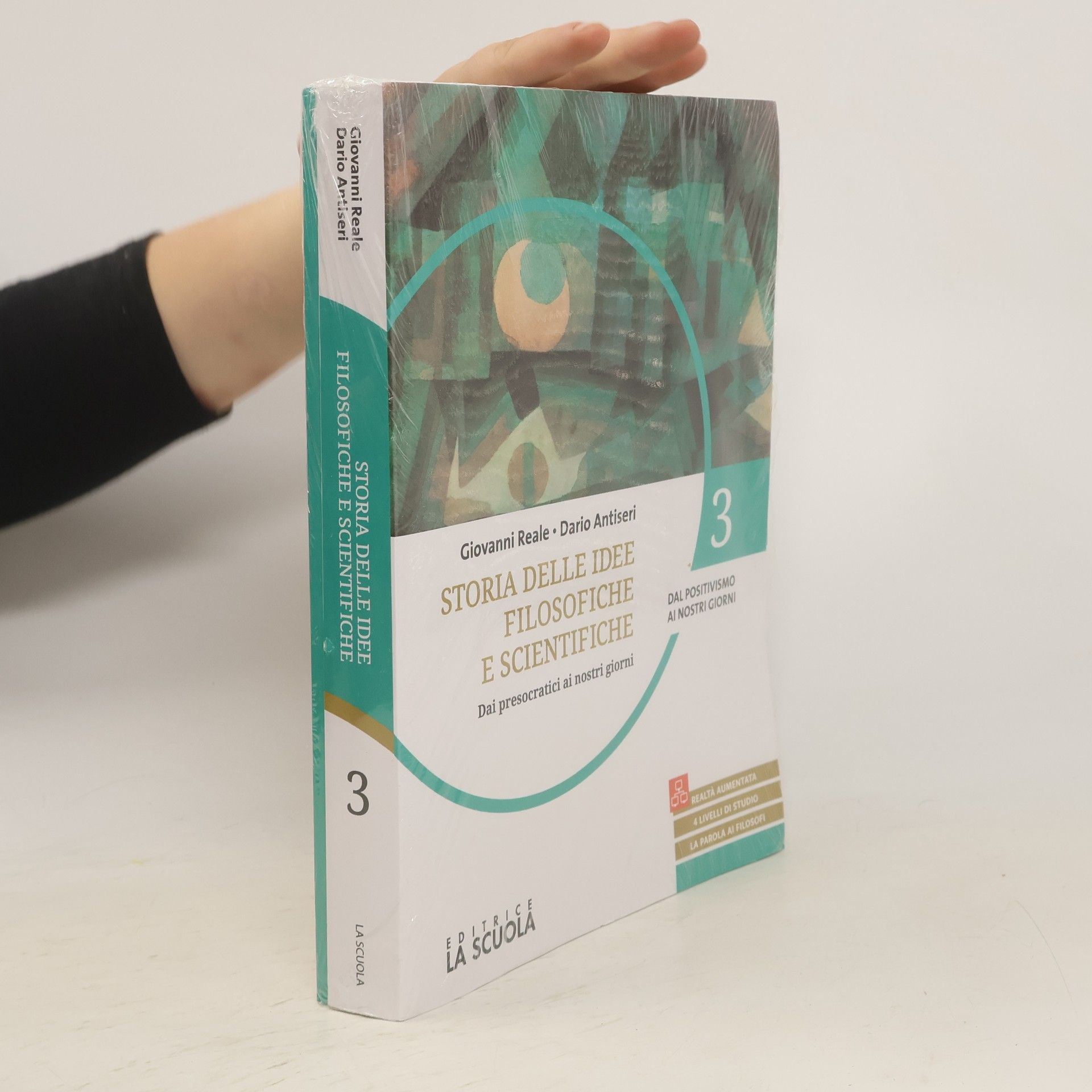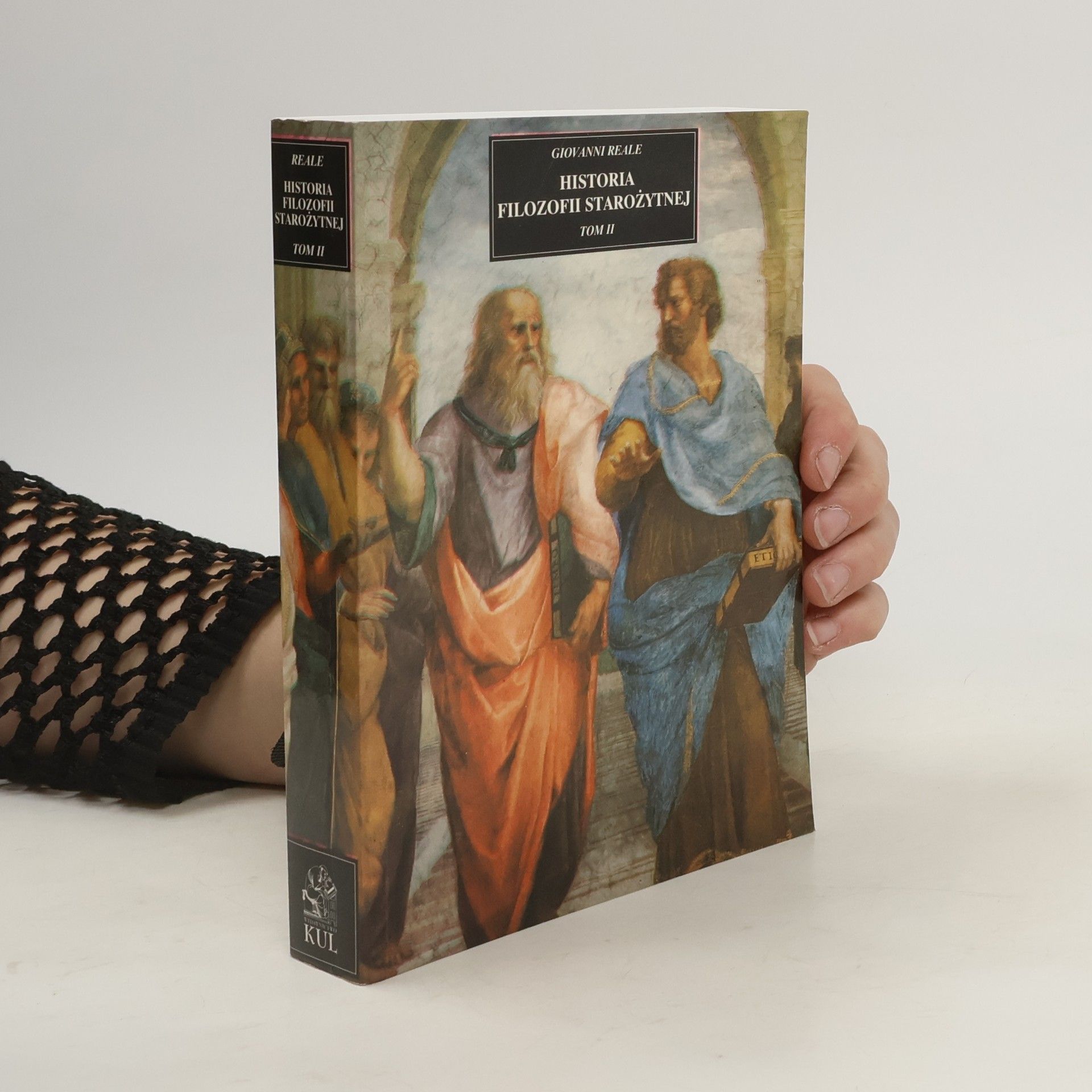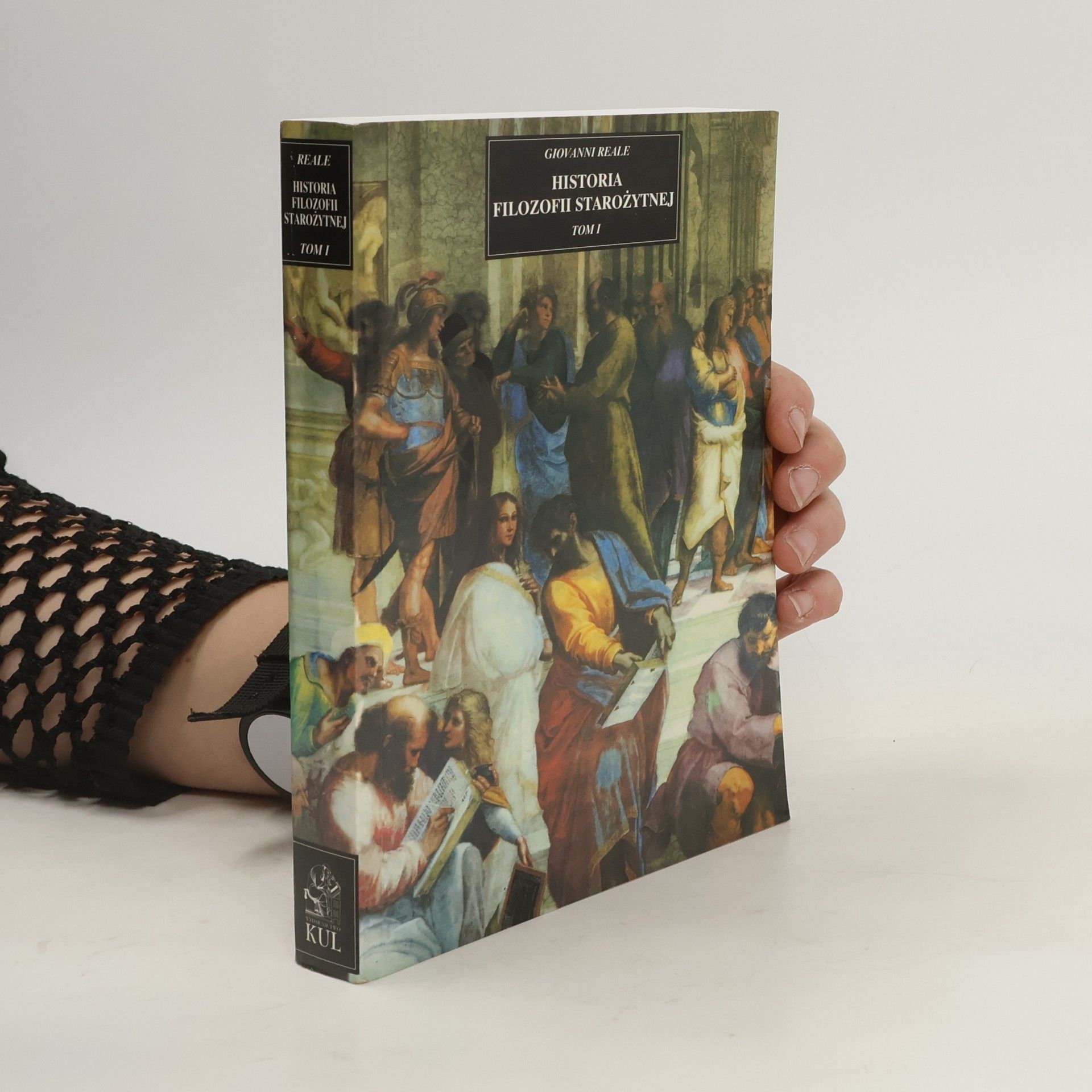Přední italský historik starověké filosofie předkládá v tomto filosofickém bestselleru (jen v Itálii 20 vydání) “nové paradigma” výkladu Platóna, jež má své kořeny v práci tübigenských badatelů K. Gaisera a H. Krämera. Ústní tradice se chápe jako pomoc psanému, tzn. že “nepsané nauky” jsou pojaty jako klíč ke správnému pochopení rozhodujících míst Platónových dialogů.
Giovanni Reale Knihy
Giacomo Reale byl významným italským filozofem a pedagogem. Jeho práce se soustředila především na historii starověké filozofie a morální filozofii. Vyučoval na několika prestižních italských univerzitách, kde jeho přednášky a výzkumy významně ovlivnily současné filozofické myšlení. Založil také výzkumné centrum pro metafyziku, což podtrhuje jeho hluboký zájem o základní otázky existence.

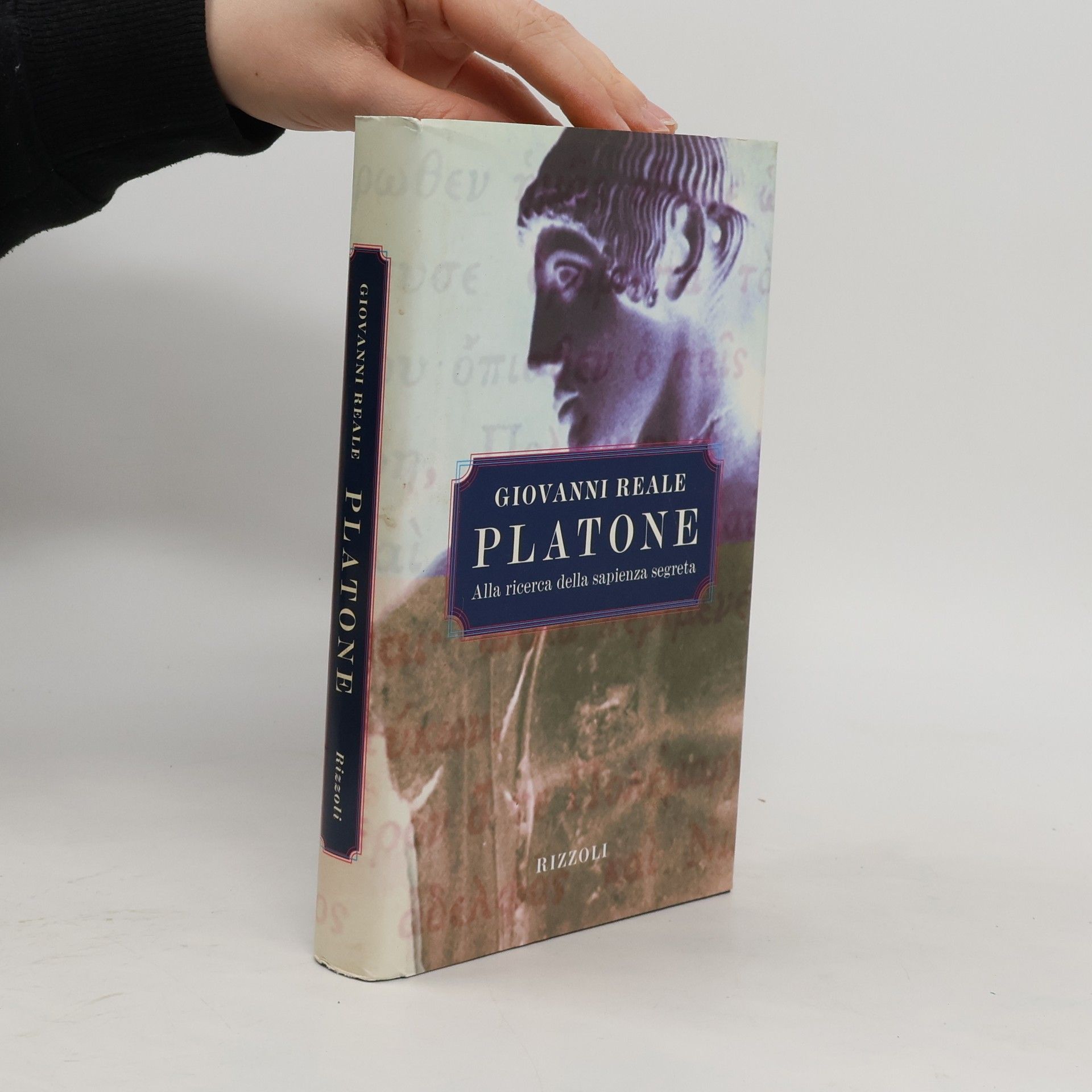
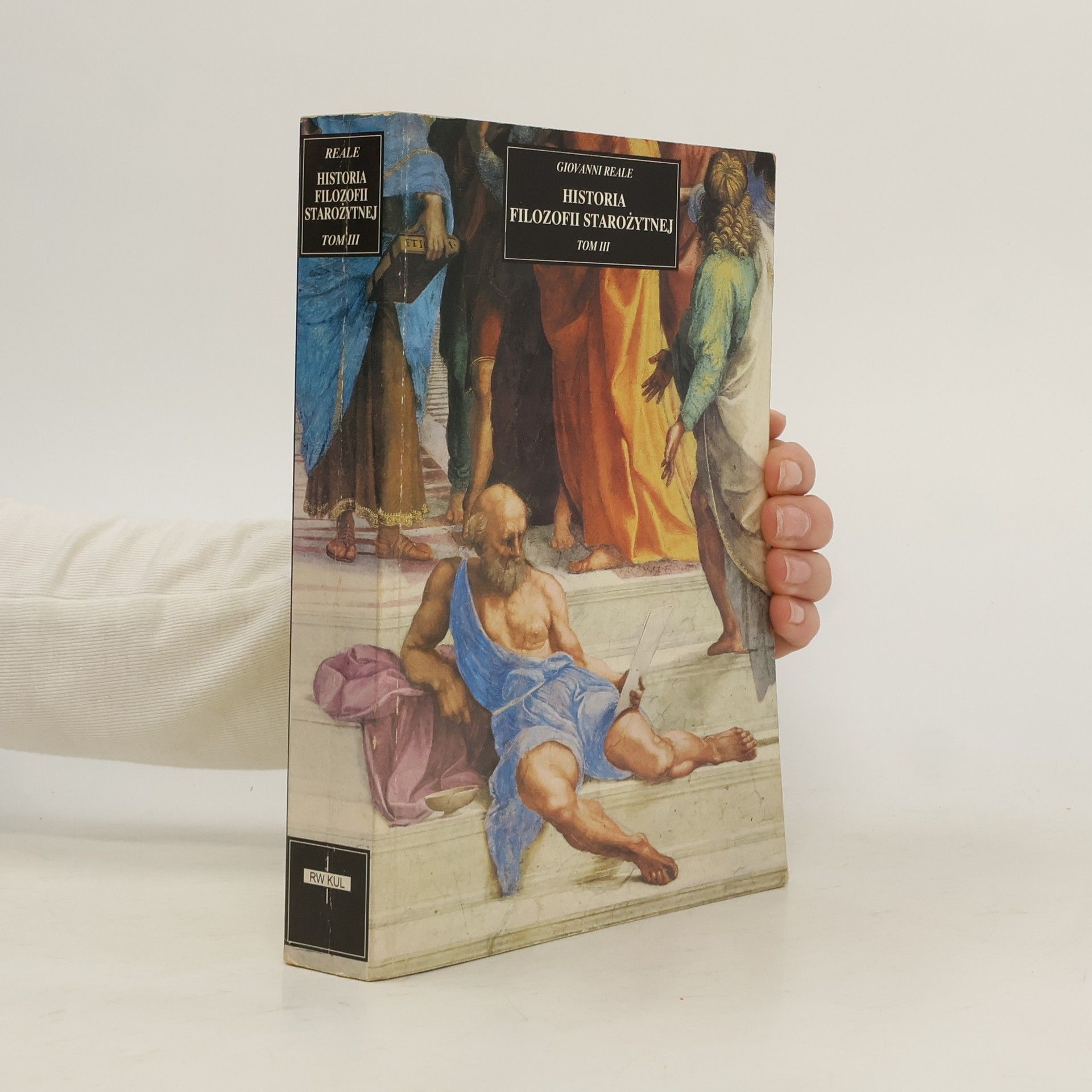
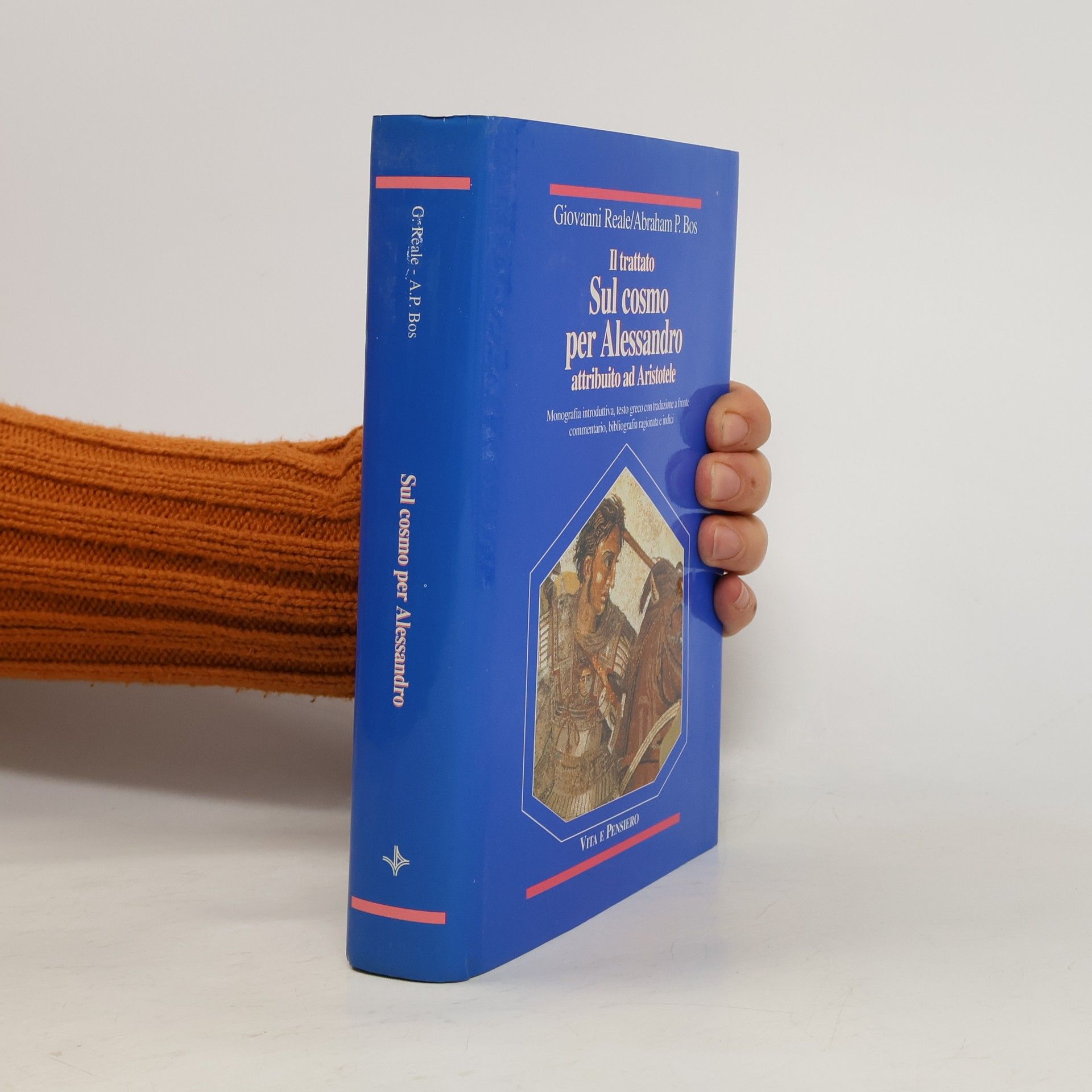

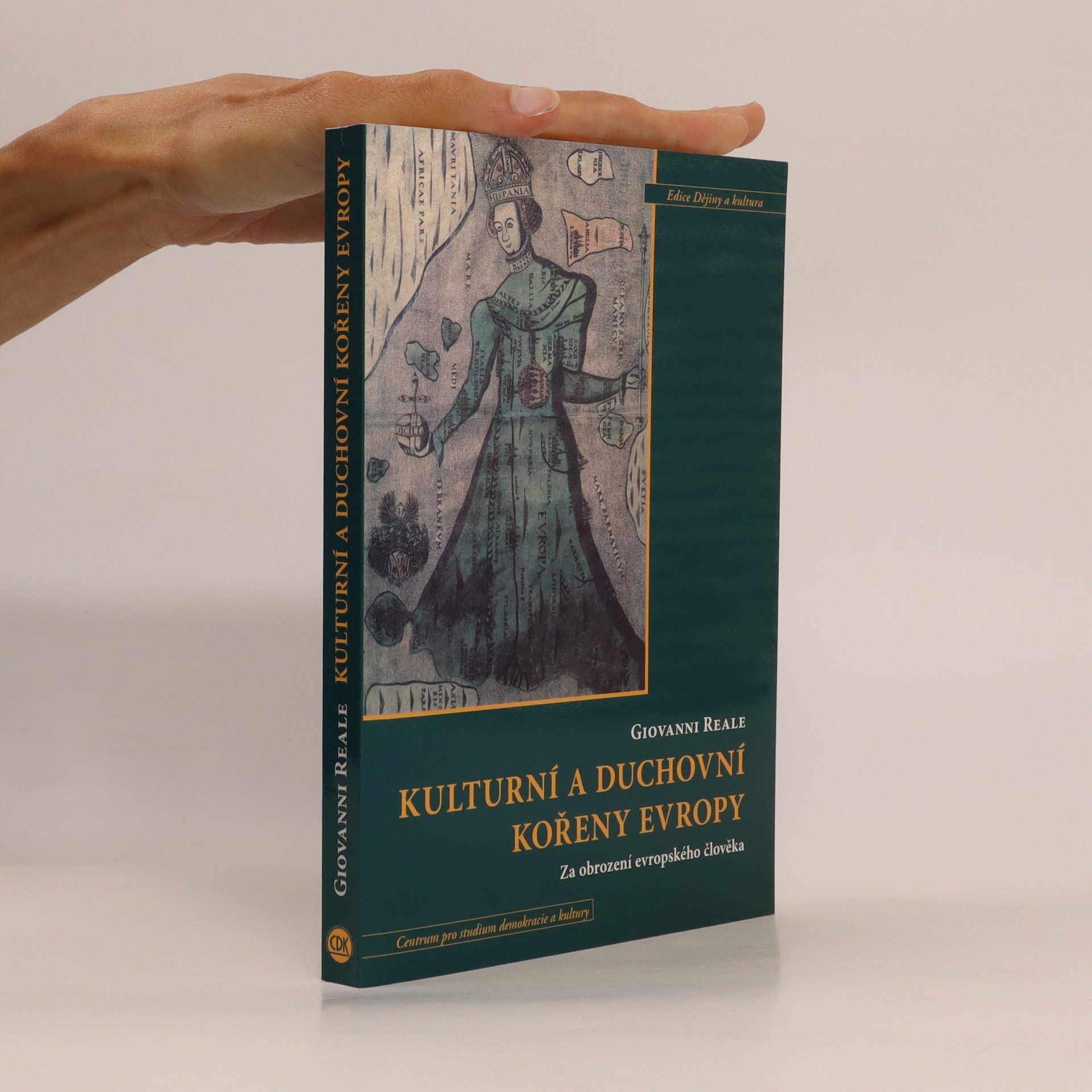
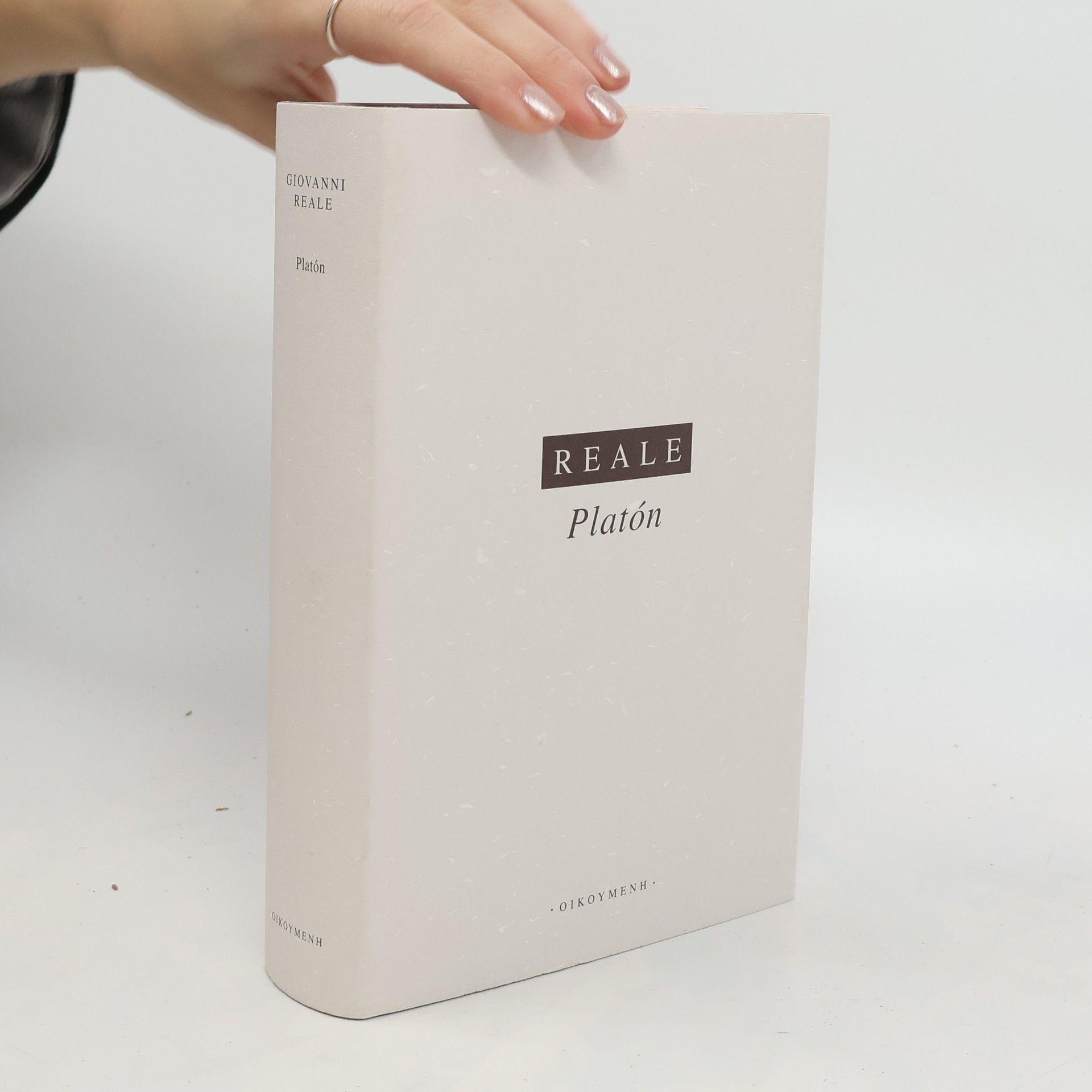
Autor vydává spis v době, kdy vzniká preambule k evropské Ústavě a v předznamenání upozorňuje na její nedostatky: chybí odkazy ke křesťanským pilířům Evropy, neznáme se k vlastním kořenům. Preambule odkazuje na kulturní, humanistické a náboženské dědictví, které je živeno řecko-římskou civilizací a osvícenskou filosofií – to je relativistické. Pojem „osoba“ zavedlo křesťansko-židovské myšlení (řecké pojetí je kosmocentrické, nikoliv antropologické), osvícenství přeměnilo „osobu“ na individuum ve smyslu individualismu. Chybí odkaz i na vědecko-technickou revoluci; lidé zapomínají na přítomnost, hledí jen do budoucnosti, na možné úspěchy. Reale poukazuje na opomíjené duchovní základy Evropy.
The school of Athens by Raphael
- 152 stránek
- 6 hodin čtení
In his Journey to Italy, Goethe emphasizes that appreciating great paintings, like the School of Athens, requires a detailed study of each element for complete enjoyment. Giovanni Reale's work aims to achieve this by meticulously analyzing Rafael's fresco, including a full reproduction of the cartone. Reale illustrates how Rafael adheres to a Platonic framework, as outlined by Plato in Book VII of the Republic, which advocates starting from disciplines that elevate the soul from becoming to being, particularly through mathematical sciences, leading to the perception of the Absolute. The fresco depicts mathematical sciences at the bottom: music and arithmetic on the left, geometry and astronomy on the right. The steps in the center symbolize the progression of knowledge attained through these disciplines. The lower left features characters engaged in Orphic rituals, foundational to Greek thought, with figures like Pythagoras and Heraclitus nearby. The upper section showcases significant philosophers, with Socratic figures expelling the Sophists, followed by Platonists, including a majestic Plato pointing skyward. Aristotle and his followers harmonize with Plato, while Plotinus is identified by Reale. Diogenes the Cynic, representing Hellenistic philosophy, is notably the only Stoic figure included. Epicurus and the Skeptics are absent, as they do not fit the Platonic scheme guiding Rafael, making the fresco a profound narrative
Il trattato sul cosmo per Alessandro attribuito ad Aristotele
Monografia introduttiva, testo greco con traduzione a fronte commentario, bibliografia ragionata e indici
- 534 stránek
- 19 hodin čtení
Italian, Greek (translation)Original Greek
Historia filozofii staroźytnej III
- 565 stránek
- 20 hodin čtení
Platone. Alla ricerca della sapienza segreta
- 364 stránek
- 13 hodin čtení
"Io volentieri a coloro che sanno parlo, a coloro che non sanno mi nascondo" Eschilo, Agamennone Esiste un Platone segreto che si rifiuta di affidare alla scrittura le proprie dottrine e rinvia discepoli e interlocutori alla parola. In questa accurata sintesi, Giovanni Reale indaga le dottrine segrete platoniche evidenziandone difficoltà e contraddizioni. Perché il filosofo greco ha costruito il suo sistema in un preciso momento storico, mentre un'intera civiltà passava dalla comunicazione orale a quella scritta e ha constatato l'inadeguatezza tanto dell'oralità tradizionale (esemplificata dai poemi omerici), quanto della comunicazione scritta, fondando un nuovo linguaggio, quello dell'oralità dialettica. Reale conduce il lettore attraverso i concetti guida del pensiero platonico, mostrandone la vicinanza all'odierna filosofia ermeneutica. Un libro che è diventato punto di riferimento obbligato per chi studia la filosofia classica.
Zu einer neuen Interpretation Platons
- 640 stránek
- 23 hodin čtení
